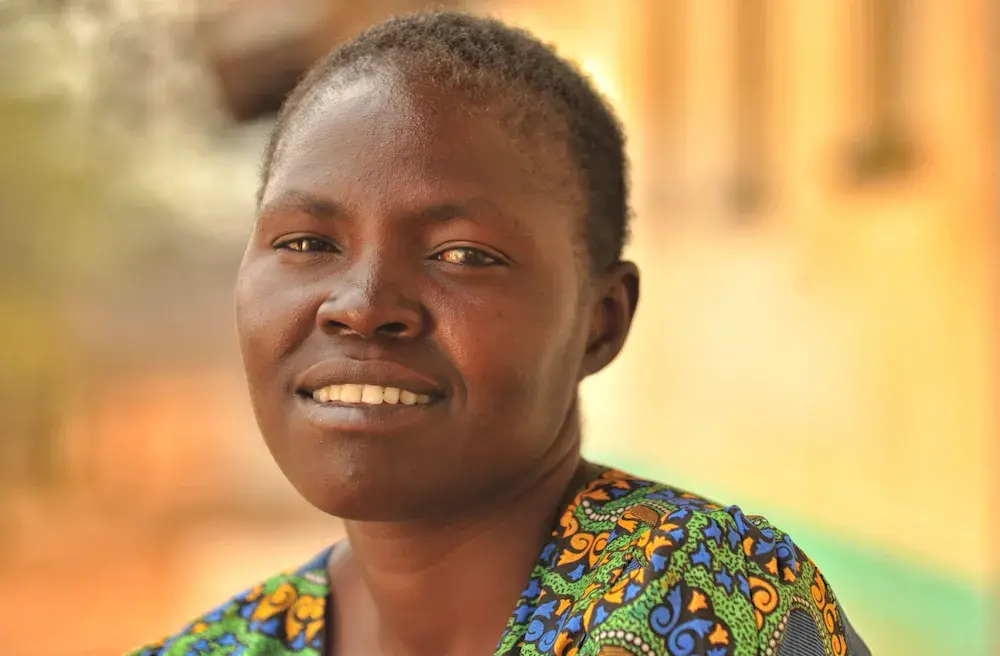The multi-stakeholder consultation forum was convened to foster a shared understanding of the review findings, recommendations and came up with practical recommendations for incorporating the outcomes into national policies and plans. The forum drafted a national action plan based on the ICPD Framework thematic pillars, vis: -Dignity & Human Rights; Health, and; Place and Mobility with Governance & Accountability and Sustainability mainstreamed in the 3 pillars.
The framework shows that the world’s future development agenda will unfold in the midst of dramatic demographic transformations – a population of 7.2 billion and counting, more young people than ever before, a global ageing transition, increasing mobility and unprecedented urbanization – coinciding with high income and wealth inequality, gender inequality and inequalities in access to sexual and reproductive health and rights, - all these compounded further by the increasing impacts of climate change.
In his remarks, the United Nations in Botswana Resident Coordinator (RC) and UNFPA Representative a.i. Mr. Anders Pedersen highlighted that with all these challenges in mind, the task for sustainability is to empower every individual to achieve their capabilities while – and as a means of – sustaining inclusive economic growth and safeguarding our environment. “The recommendations from the framework have major implications for our national institutions and for governance, including providing conceptual and analytical framing of the links between human rights and development, and a coherent development framework based on the comprehensive treatment of social, economic, and environment issues. They are also central to the post 2015 development agenda. By bridging individual dignity and rights with collective sustainability, the ICPD beyond 2014 review can help guide the way to achieving the aims of the Post-2015 process, and realizing a sustainable future,” Pedersen said.
Giving her remarks, member of the National Council on Population and Development Professor Nthabiseng Phaladze, indicated that the ICPD Beyond 2014 Framework provides a systematic guidance on articulating the population dynamics for the Post-2015 Development Agenda. She stated that the ultimate success of the review and its outcome document will depend on how the outcomes of the review are internalized in the context of the national development policy environment and implemented at the country level. “Sustainable development is not just about the economic development. People are at the centre of sustainable development in a world that is just, equitable and inclusive. Gender equality and women’s empowerment, health, education and social protection are critical - no one should be left behind and inequities should be addressed,” said Prof. Phaladze.

When presenting the outline of the ICPD Beyond 2014 Framework, Mr Moses Keetile (UNFPA Programme Specialist) indicated that the findings and recommendations of the Framework of Actions were endorsed at the 47th session of the United Nations Commission on Population and Development and the UN General Assembly Special Session, re-iterating the core conclusion of the review that- “a fundamental commitment to realizing individual dignity, human rights and equality- across multiple sectors and throughout the life-course – is the foundation of sustainable development.” He also highlighted that Member States called for the inclusion of the findings and recommendations of the Framework of Actions in the post 2015 development agenda.

The Chief Economist at the Ministry of Finance and Development Planning, Ms. Joyce Massie, noted that Botswana has made good progress in the implementation of the 1994 ICPD Programme of Action, but the meeting also acknowledged that there is unfinished business. She indicated that the national ICPD Review process identified a number of gaps and challenges that clearly require a recommitment and strategic investments in critical sectors so as to attain a people-centered sustainable development and human rights based perspective for the improvement of the quality of life in Botswana.
The forum included group work on the drafting of the National Action Plan with good representation from different sectors. The action plan would focus on ICPD related issues, including the country's demographic challenges, sexual and reproductive health and rights, gender disparities and more. The forum was attended by about 90 participants including various stakeholders from various Ministries, UNFPA, civil society, academia, young people and the media.
Key recommendations of this national forum will inform the adjustment and/or formulation of new population policies in the country as well as feed into the development of the National Development Plan 11 and the Beyond 2016 Vision Framework.





